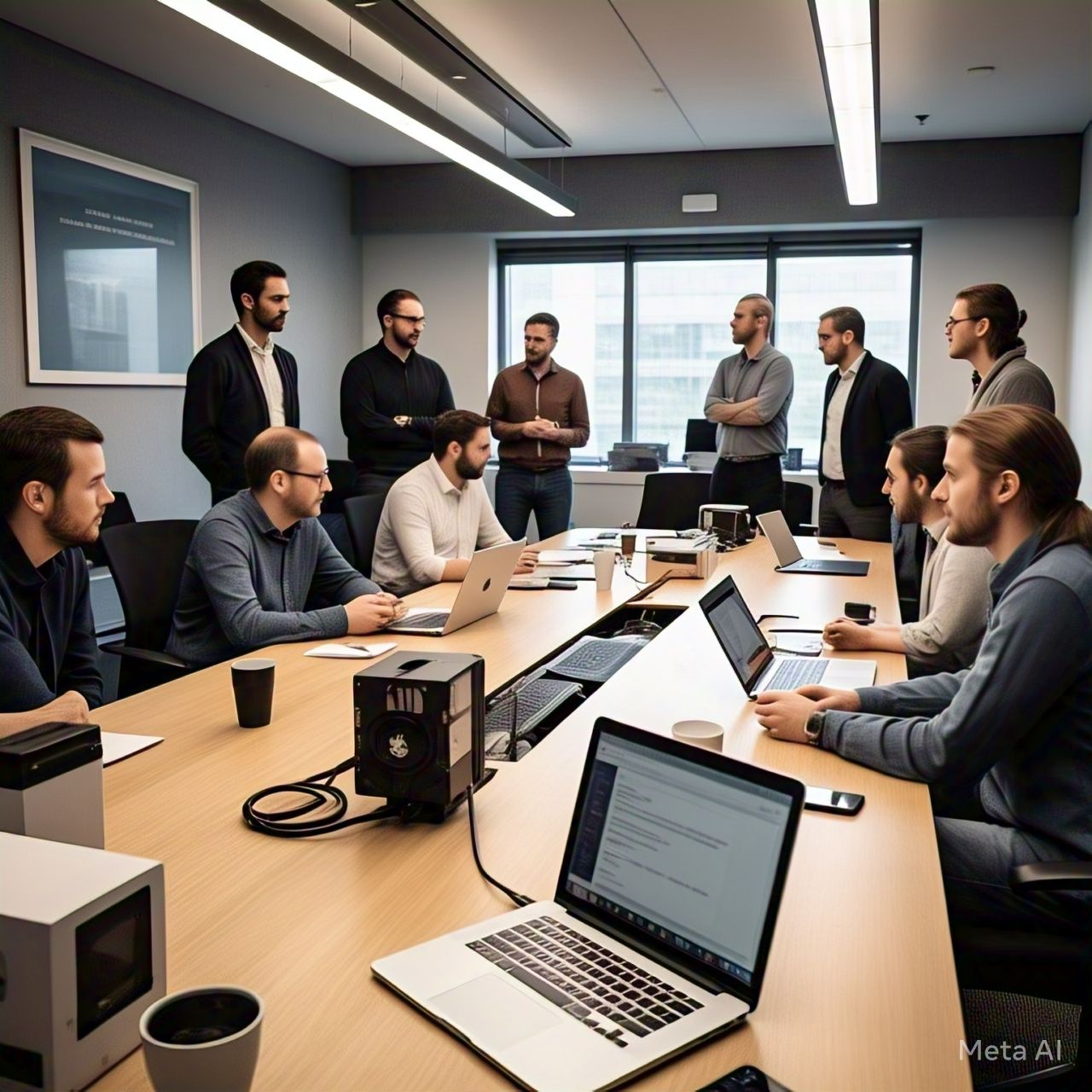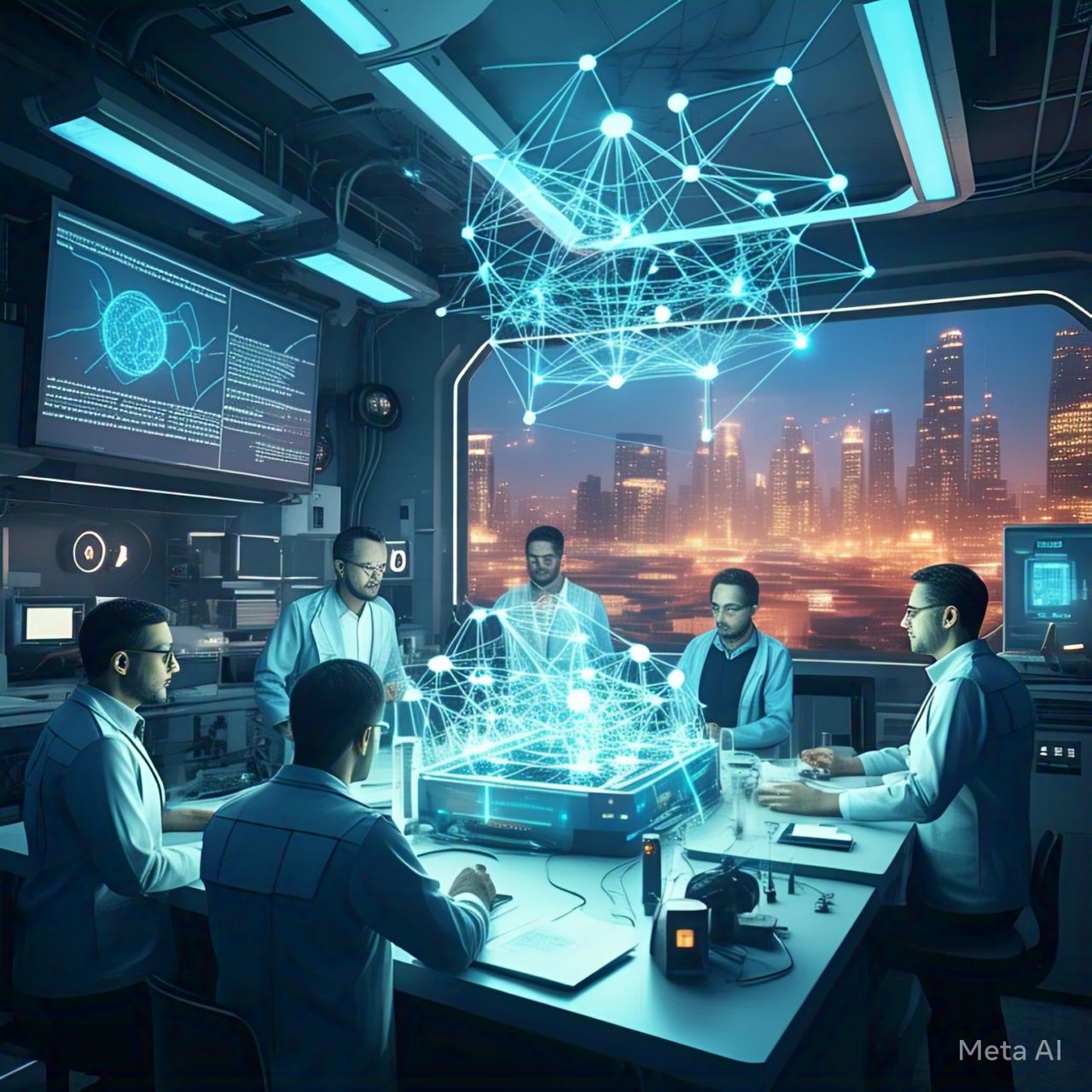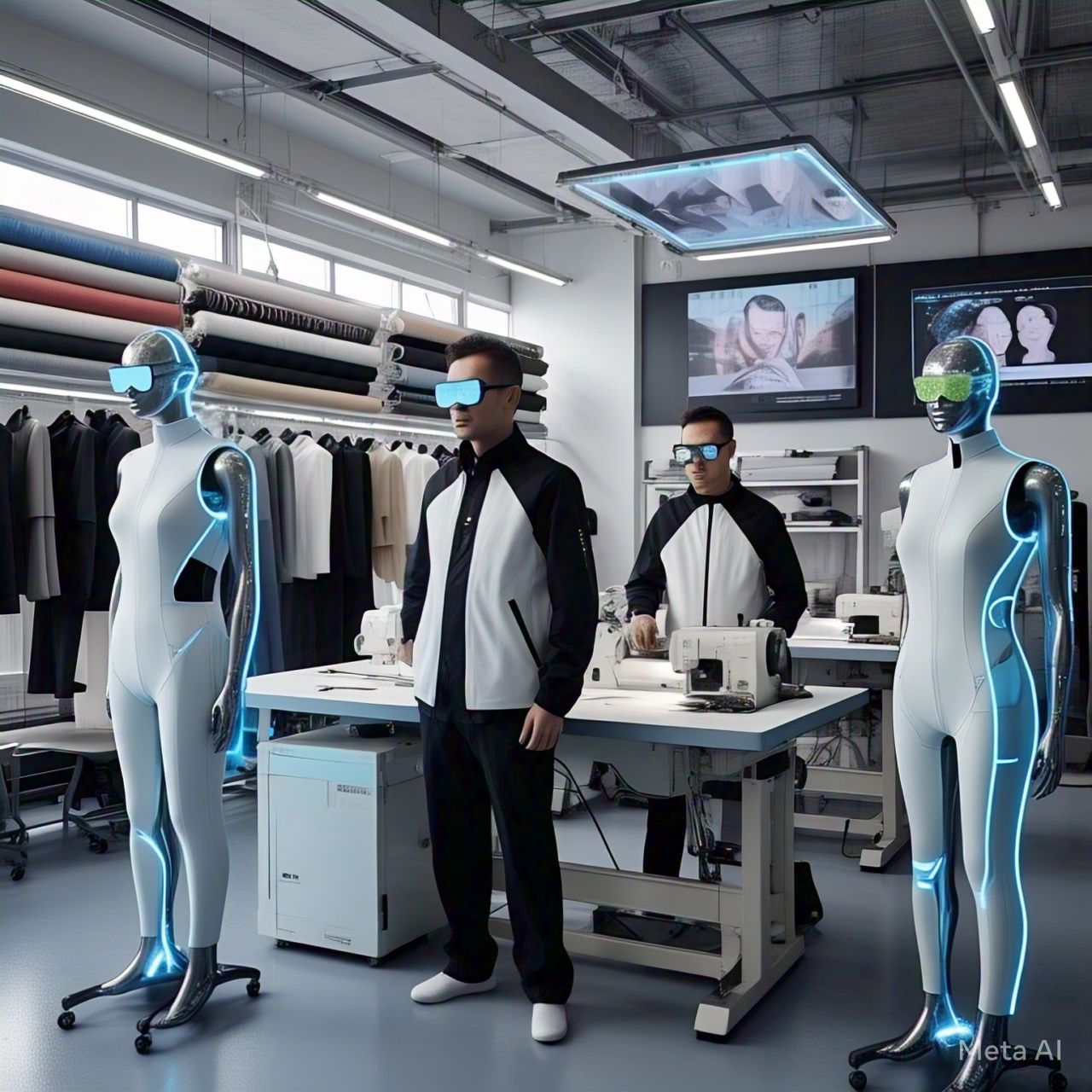Artificial Intelligence (AI) is transforming industries and reshaping the global workforce. While AI-driven automation brings efficiency and innovation, it also raises concerns about job displacement, economic shifts, and ethical dilemmas. This article explores AI’s impact on employment, the new opportunities it creates, and the challenges society must address.
1. Job Displacement: The Risks of Automation
Industries Most Affected
AI and automation are replacing repetitive and routine jobs, especially in sectors like:
- Manufacturing – Automated robots are streamlining production lines.
- Retail – AI-powered checkout systems reduce the need for cashiers.
- Transportation – Self-driving technology is disrupting the trucking and taxi industries.
- Customer Service – Chatbots and virtual assistants are handling customer inquiries.
The Shift in Job Demand
While AI is automating tasks, new skill sets are required. Workers in affected industries need to adapt by acquiring digital literacy, problem-solving abilities, and creativity-driven expertise.
2. AI’s Role in Job Creation and Economic Growth
Emerging Job Opportunities
AI is not just eliminating jobs—it’s also creating new career paths in fields such as:
- AI Development and Maintenance – Engineers, data scientists, and AI ethicists are in high demand.
- Cybersecurity – AI-driven threats require advanced security professionals.
- Digital Marketing – AI-powered analytics enhance targeted advertising strategies.
- Healthcare – AI assists in diagnostics, medical research, and personalized treatment.
The Human-AI Collaboration
Rather than replacing humans, AI is enhancing productivity by automating repetitive tasks, allowing workers to focus on strategic and creative aspects of their roles.
3. Challenges and Ethical Considerations
Workforce Reskilling and Education
Governments and businesses must invest in:
- Reskilling programs to help workers transition to AI-related roles.
- STEM education to equip future generations with AI-related skills.
- Lifelong learning initiatives to adapt to rapid technological advancements.
Ethical and Social Concerns
- Bias in AI – Ensuring fair and unbiased AI decision-making is crucial.
- Economic Inequality – AI advancements must benefit all, not just large corporations.
- Privacy Issues – Increased AI surveillance raises concerns about data security and user rights.
4. The Future of AI and Work
Policy and Regulation
Governments must create policies that:
- Protect workers from job displacement through retraining initiatives.
- Encourage responsible AI development with ethical guidelines.
- Promote AI-human collaboration to maximize economic and social benefits.
AI as a Force for Good
AI has the potential to:
- Drive economic growth by enhancing efficiency across industries.
- Improve quality of life through innovations in healthcare, education, and accessibility.
- Foster new career opportunities by complementing human creativity and problem-solving skills.
Conclusion
The social impact of AI is a double-edged sword—while automation threatens traditional jobs, it also creates new opportunities and efficiencies. The key to navigating this transformation lies in proactive policies, continuous learning, and ethical AI development. By embracing AI responsibly, society can harness its benefits while minimizing its risks, ensuring a more inclusive and innovative future for all.





